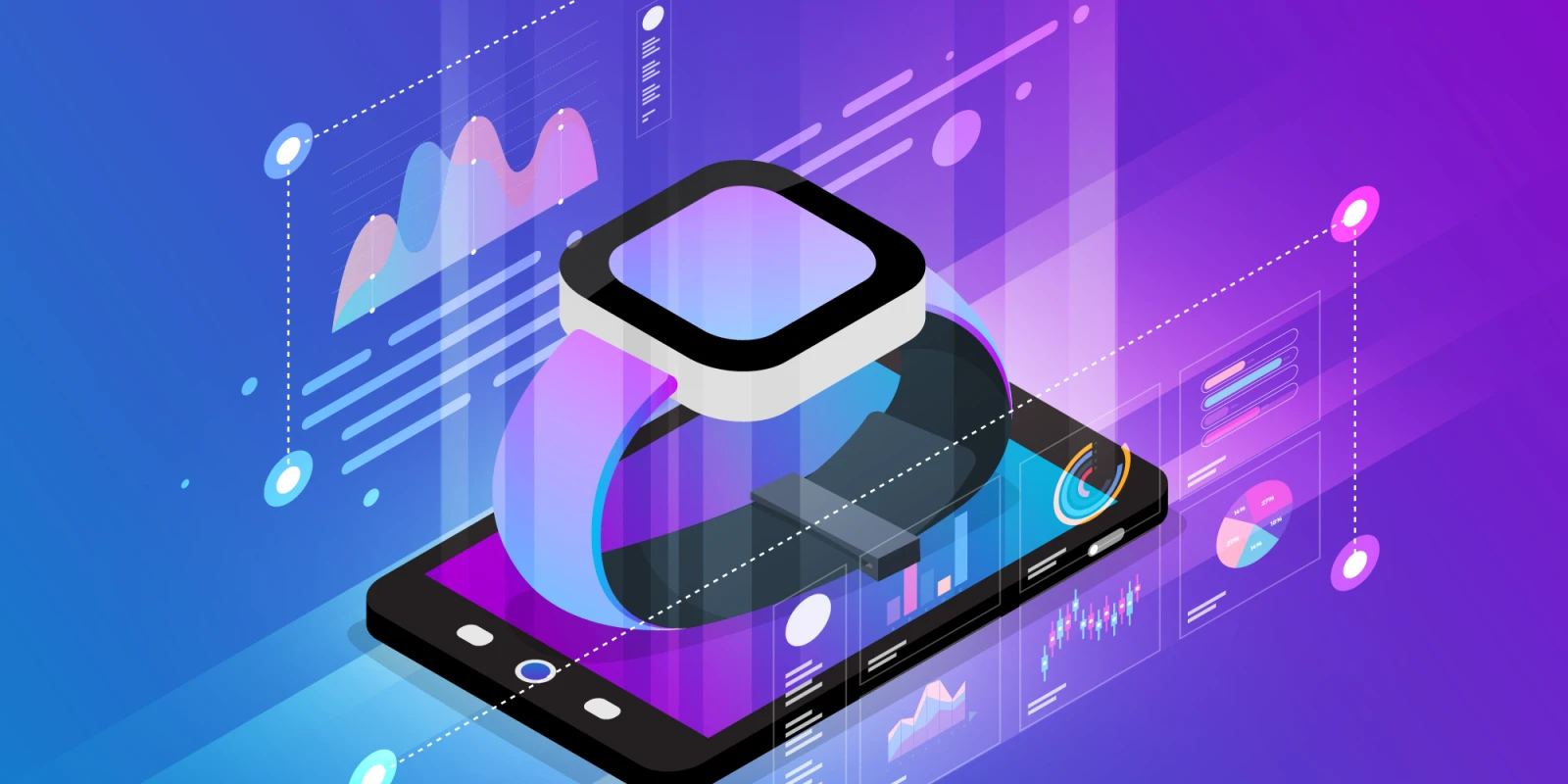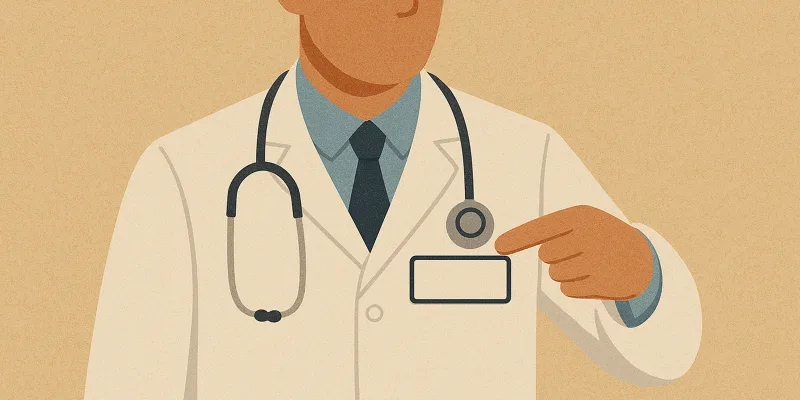
I recently attended a conference on health technology and was very intrigued by a session specifically focused on millennials’ health. At the conference, the physicians were outnumbered by participants from the non-health care sector. This is a new trend in digital health technology delivery and is part of the reason I left the conference thinking about the shortcomings of our current health care delivery for millennials.
Why Are Millennials Reshaping Health Care Delivery?
Of the top 10 health conditions affecting millennials, six are in the field of behavioral health and four are physical health-related. Their physical health conditions are associated with chronic disease management. There was an 18-19% increase in the prevalence of depression and diabetes in millennials. When it comes to behavioral health, we have made great strides in digital patient engagement. This generation was an early adopter of technology and harnessing the power of the digital health tools to disperse knowledge has been a very effective strategy.
Can Doctors Benefit From Patient-Facing Tech?
We have a symbiotic relationship with technology: apps help us develop healthier habits, and in turn, our health-positive actions become data points. At the conference, one company showcased a patient-facing interface that was focused on identifying triggers that would lead to early identification of trends in chronic disease, as well as behavioral health. I noticed innovative techniques that were used for actionable alerts. When the alert modified the user’s action, it was recorded as impactful and flagged as a more successful tool to engage users.
Alerts are great for millennials — they want to know when to wake up, how well they slept, when it’s time to run, when it’s time to have a drink of water, and when it’s time to go to bed.
This evolution has been fueled by the growth of wearable technology such as the Fitbit and Apple Watch. There are about 467 clinical studies in different stages of completion using wearable technologies. Given the high level of comfort millennials have with apps, health technology represents a huge opportunity. As an obesity specialist, rather than asking a millenial to maintain a food diary for weight management, I am likely to have greater success recommending the use of an app.
But beyond activities of daily living, wearable tech can help users with chronic conditions also. In the past year, the FDA approved devices with applications for remote monitoring (e.g., Alivecor, which can record an ECG rhythm strip). We have seen successful outcomes from the use of continuous glucose monitoring devices with applications to regulate blood sugar and insulin requirements. AsthmaMD is another app that has enabled electronically-documented action plans that can also be shared with school health administrators for tracking medication and asthma triggers.
Are You Ready to Be a Dot Com Doc?
As tech continues to evolve, physicians need to stay up to date. Digital advancements in health technology have introduced physicians and patients to handheld health care, by means of apps that can alert patients, modify treatment plans with physician input, and create a global support system for patients. And in addition to giving patients more control over their health information, the plan is to eventually link that data to the EHRs in our clinics and hospitals. There are emerging standards for applications such as SMART on FHIR applications. As practicing physicians, it is imperative that we acquaint ourselves with these novel applications on digital platforms. The CMS initiative on data transparency and information blocking fuels the need for new digital platforms that enable patients timely access to their encounter history. We are in the golden age of physician-patient health information exchange.
With more millennial stakeholders in all aspects of health care, we are on the verge of becoming “dot com docs.” In the foreseeable future, physicians will face a demand from patients who want access to their information on their convenient digital tools. Some of these applications will require physician monitoring, which will also create a need for subscriptions and maintenance.
Currently, the resources used by physicians are provided by manufacturers and industry benchmarks. The data sharing resources used by physicians are based on institutional preferences. Physicians are trained to use evidence-based benchmarks for patient care, however, these guidelines are lacking in the field of patient engagement tools, such as apps. With the disruption caused by digital tools and new regulations physicians may need to allocate resources based on patient preference, which is a paradigm shift. We are on the verge of switching from evidence-based medicine to a risk-sharing, high-reliability model. As the tools increasingly promote self-reliance, with the goal to empower patients to control their health care, it’s time to ask physicians: are we ready to prescribe health apps?
Nita K. Thingalaya, MD, BCMAS Dipl ABOM, is a Board-certified Internist, who specializes in Medical Affairs and Obesity Medicine. She practices telehealth and hospital medicine. She is currently the Medical Director in Healthcare Utilization. Her diverse experience in clinical research, utilization, and informatics make her a leader in Medical Affairs. The article is independent of her affiliations past or present. Dr. Thingalaya is a 2019-2020 Doximity Fellow.







